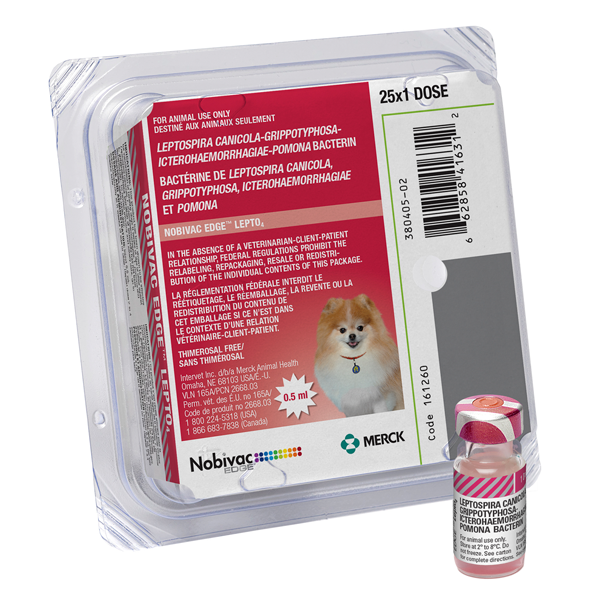Leptospirosis
What is Leptospirosis? Leptospirosis (aka lepto) is a bacterial disease which can infect both animals and humans. It is spread through the urine of wildlife, and as such, the bacteria are generally found in water or soil. The primary carriers of lepto are rodents, but wild animals (eg skunks and raccoons) and farm animals can also carry it. Dogs can contract leptospirosis by swimming in or drinking contaminated water, as well as by walking through contaminated soil. Leptospirosis in dogs is often fatal by the time it’s caught, and typically causes kidney and liver failure. It is a zoonotic disease, which means it can be spread to humans as well.
Janice Carr/Centers for Disease Control and Prevention (CDC) (Image Number: 138)
Leptospirosis vaccination is now recommended for all dogs, as per a recently updated ACVIM consensus statement (the American College of Veterinary Internal Medicine). In fact, the American Animal Hospital Association has now designated the leptospirosis vaccine as a “core” vaccine (along with Rabies and DHPP). The risk of exposure does vary regionally, but leptospirosis is considered endemic in Ontario. In the greater Ottawa region we tend to see a bit of variability from year to year, and it is often weather dependent.
At Cedarview Animal Hospital we use a lepto vaccine which protects against 4 different types (serovars) of the Leptospira bacteria. This vaccine is effective in both reducing the risk of severe disease and in reducing the risk of becoming a carrier.
Merck Animal Health. (2021). Nobivac Canine EDGE Lepto vaccine [Photograph]. Merck Animal Health USA. https://www.merck-animal-health-usa.com/wp-content/uploads/sites/54/2021/01/Nobivac-CANINE-EDGE-LEPTO-w-vial-featured-image-600x600-1.png
Initially dogs will receive 2 doses of the vaccine, spaced 2 to 4 weeks apart. While the vaccine can be started at any time, we often begin the series at 8 weeks of age. After the initial series, boosters are recommended annually to ensure continued protection.
Possible side effects/normal immune responses include: mild fever, lethargy, inappetance, mild GI signs, pain or swelling at vaccine administration site, etc. Serious vaccine reactions are rare, but include swelling of the face, difficulty breathing, excessive GI upset, hives, severe lethargy.
Symptoms of lepto may include fever, lethargy, vomiting, diarrhea, increased thirst and urination (due to kidney damage), and jaundice (due to liver involvement).
Leptospirosis is diagnosed via a series of tests. Initially we perform blood and urine tests to assess kidney and liver function. DNA tests detect lepto in urine and blood for a rapid and accurate diagnosis. A Microscopic Agglutination Test (MAT) checks for antibodies against lepto and needs to be repeated 2 weeks later to help confirm the diagnosis.
Leptospirosis is typically treated with an antibiotic and hospitalization for IV fluid therapy and other supportive medications. Even when treatment is successful, some animals have lasting damage to their kidneys or liver.
Thankfully transmission from dogs to humans is rare, but if this occurs, infection can be very serious, especially in young people, the elderly, and in the immunocompromised. Transmission occurs primarily through contaminated urine (or other body fluids).
Don’t hesitate to contact us if you have any questions about leptospirosis, risks, vaccines, or any other questions. And if you have any questions about your own health after exposure, please seek help from a (human) medical professional.


